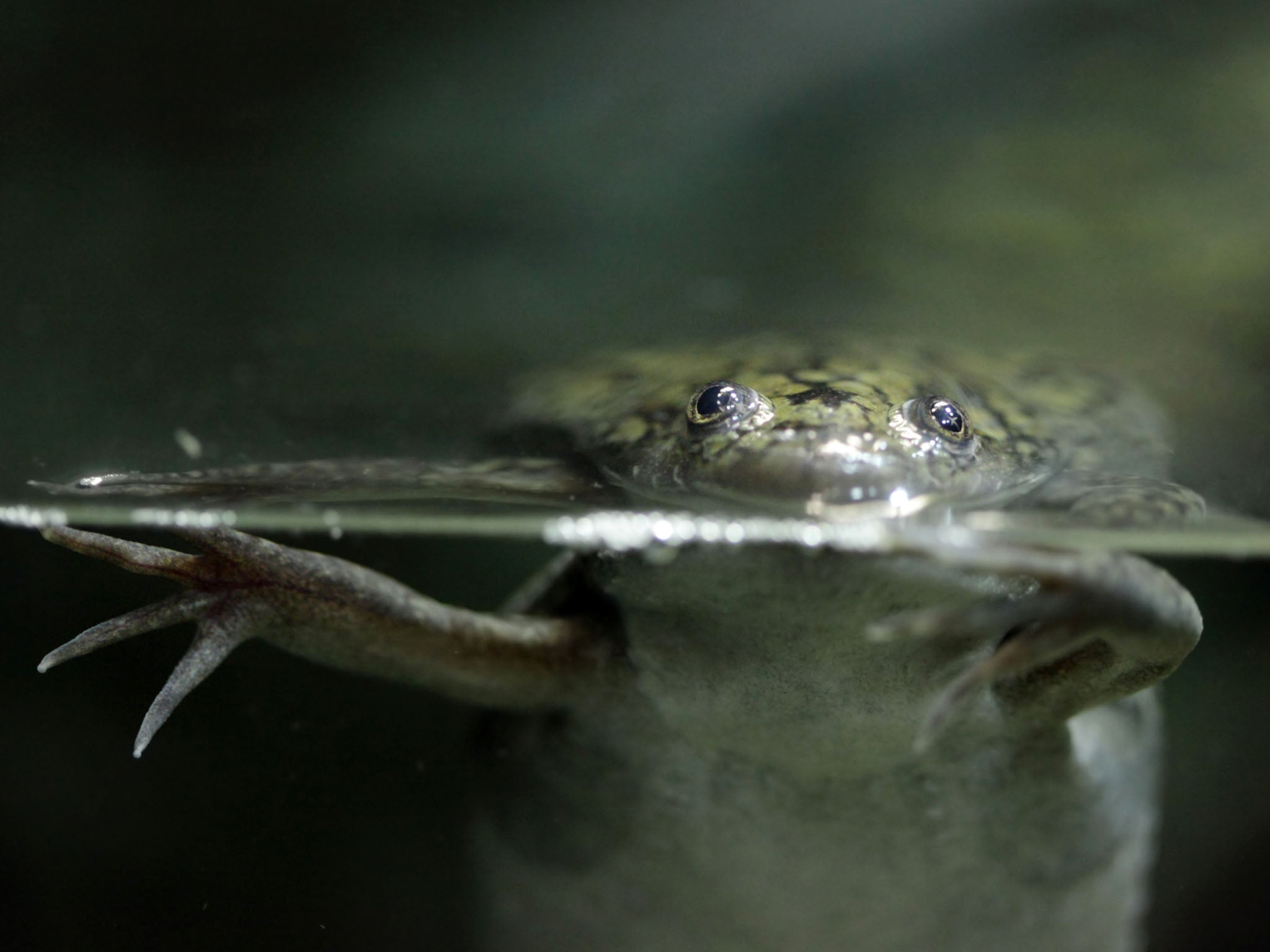Mea Culpa: Vladimir Putin and a plague of frogs
Questions of style and language in last week’s Independent, by John Rentoul


In one of our despatches from the war in Ukraine, we wrote that the city of Odesa “awaits an amphibian, ground and air assault by Russia”. Thanks to Philip Nalpanis for reminding us that “amphibian” is usually a noun referring to a class of animal including frogs, toads and newts. We meant “amphibious”, the adjective meaning suited to both land and water.
“Amphibian” is doubly confusing, though, because it can be an adjective, referring to amphibians (as in amphibian eggs), and as a noun it can also refer to planes, tanks or other vehicles that operate on land and on water. Still, although Vladimir Putin has been accused of contemplating unconventional forms of warfare, a plague of frogs is not his style.
The other side of Hungary: Linda Beeley has written to point out a particularly poor use of “amid” in a headline. We asked: “Amid the war in Ukraine, is it safe to travel to Croatia?” This is not right. Croatia is not in the middle of the war in Ukraine. It doesn’t even border Ukraine. It is 230 miles away. We meant “during”.
Putin’s mistake: A conversational style in headlines is a good thing, but we have to beware ambiguity. Gavin Turner, a reader, stumbled over this one: “Moscow needs to realise that Putin’s made a huge mistake.” He was expecting the apostrophe S to signify something belonging to Putin, and had to adjust to its being a contraction of “Putin has”. We should have spelt it out in full.
Multi-party MPs: We quietly edited an article written by an MP the other day. The article referred to “a group of cross-party MPs”. Given that MPs are not generally members of more than one party – the Co-operative Party is an exception, as its MPs are a group within the Labour Party – we changed it to “a cross-party group of MPs”.
Weather report: “The daytime will see temperatures halve from the highs of 20C reached last week,” we wrote on Tuesday. It was clear enough that we were referring to a change from 20C to 10C, but Alan Pack was right to point out that halving is not strictly the terminology to use to describe temperature changes. Some people still use Fahrenheit, so the change would be from 68F to 50F, and the reduction in relation to absolute zero, from 293 to 283 Kelvin, is even less dramatic.
Pseudo-precision: In a report about the resurgence of coronavirus, we said the Zoe Covid Study showed “324,954 people were being infected on a daily basis”. That breaks the “three significant figures” rule. I think “325,000” would have been easier for the reader to take in. Also “on a daily basis” is an ungainly way of saying “every day”.
Get gone: We used the phrase “from the get-go” three times last week. Thanks to Steve Antcliff for pointing it out. It is one of those Americanisms that was fresh and interesting once, possibly in the hands of a literary stylist. We cannot even decide how to write it, hyphenating it twice and not the other time. An easy way to solve that problem is not to use it at all.



Join our commenting forum
Join thought-provoking conversations, follow other Independent readers and see their replies
Comments